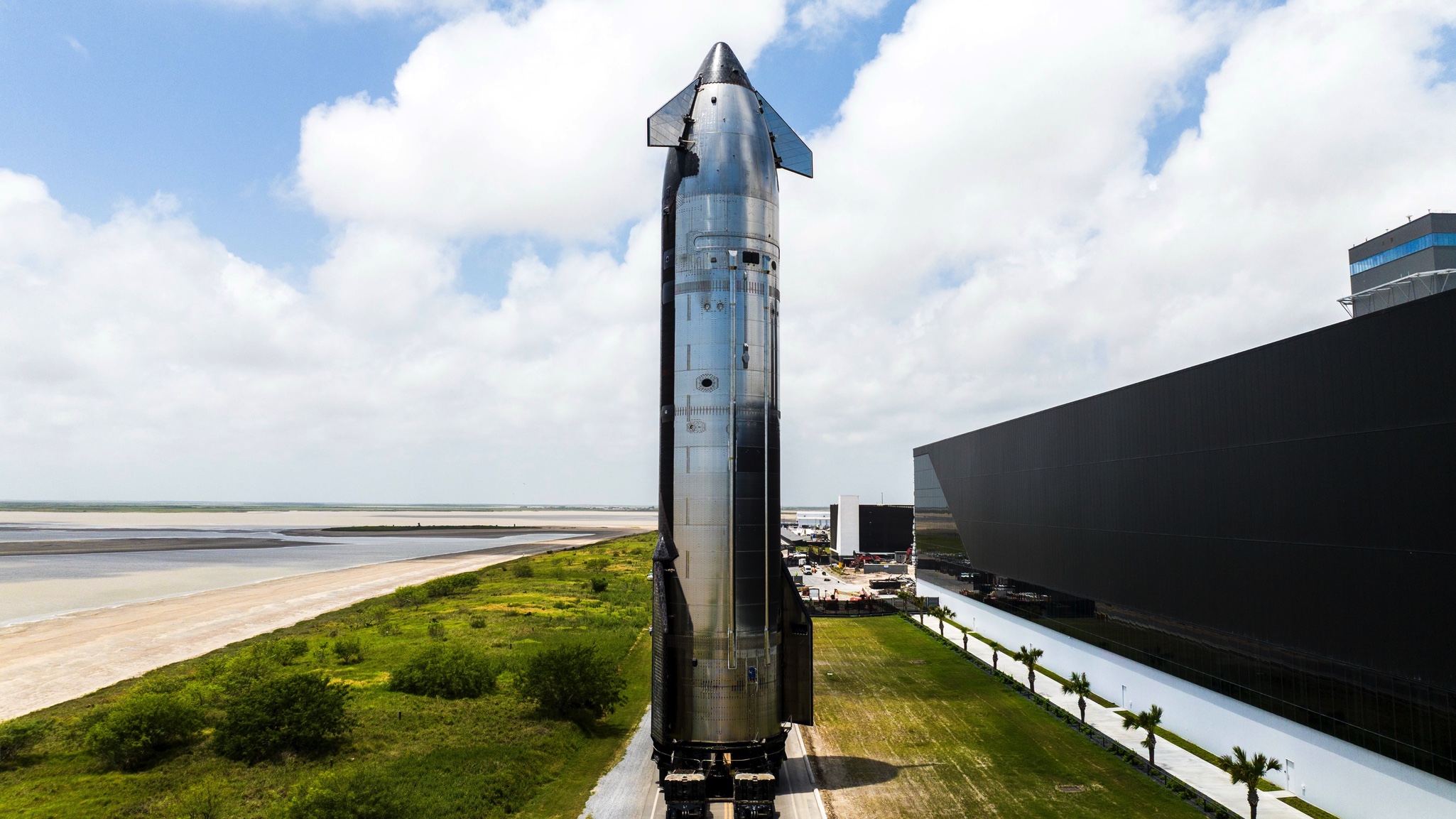The recent headlines in the space industry serve as a stark reminder: space is unforgiving and certainly not accommodating to overpromising entrepreneurs. From iSpace’s second failed lunar landing attempt to SpaceX’s ongoing Starship test flight setbacks, the commercialization of space is not progressing as triumphantly as some press releases might suggest. This is not merely a series of flukes; it points to structural, strategic, and cultural issues in how we discuss innovation, cost, and success in space today.
Fifty years ago, humanity achieved the monumental task of sending astronauts to the moon and bringing them back safely, using technology far less advanced than what is available today. The question arises: why are we struggling to replicate these feats now, despite having more sophisticated technology at our disposal? Until recently, the failure rate of private lunar exploration efforts underscored this reality. Over the past two decades, no private mission had fully succeeded until Firefly Aerospace’s Blue Ghost lander touched down on the moon last March, marking the first fully successful soft landing by a private company.
Innovation or Aspiration?
The prevailing industry answer — “we need to innovate for lower cost” — rings hollow. The current landscape is more about aspiration masquerading as disruption. Take iSpace as an example. The company claims to be a “low-cost” provider, but financial scrutiny reveals that their pricing does not reflect the true cost of delivery. According to financial reports, their gross margin is insufficient to cover operational costs. While they may appear to offer a bargain compared to NASA, this is because they charge less than the actual cost of their missions, masking risk with financial optimism.
SpaceX’s Starship saga exemplifies this phenomenon. Progress requires trial and error, but success should not be measured by launch views or flashy animations. When core systems fail repeatedly in similar ways, it raises questions about whether this is aggressive iteration or poorly managed ambition. Failure alone is not innovation; only failure followed by measurable improvement is.
Lessons from the Past
For a historical perspective, consider the F-1 engine that powered the Saturn V, still the most powerful rocket engine ever flown. Its early prototypes suffered from catastrophic combustion instability, with engines tearing themselves apart in explosions. Instead of rushing to launch, NASA and Rocketdyne engineers dedicated engineering talent to analyzing high-speed film, instrumenting combustion chambers, and redesigning injector patterns. They solved the problem through engineering discipline, resulting in a rocket that flew 13 times without a single engine failure.
This brings us to today’s baffling contradiction: how can companies that struggle with basic lunar probes or test flights promise lunar hotels and interplanetary travel? When a company cannot reliably land a small uncrewed vehicle on the moon, there is no rational basis for discussing lunar resorts or Martian colonies. These grand visions may make for great headlines but undermine long-term credibility.
The Need for Accountability
Worse still is how these companies frame their failures. In iSpace’s most recent attempt, during the critical landing sequence, they shifted focus to investor confidence rather than the vehicle’s status. Similarly, SpaceX frames each Starship explosion as a necessary step in rapid iteration, despite repeated failures during stage separation. At some point, calling preventable failures “progress” ceases to be engineering and starts to look like marketing.
This is not a call for a return to Cold War models or Apollo-era budgets. It is a call for seriousness. If we are entering a new space age, it must be built on sound engineering, transparent economics, and meaningful technical leadership. The dream of a sustainable, entrepreneurial space ecosystem is alive, but it requires celebrating results over hype. The real innovation needed is accountability.
“The engineers of Apollo didn’t tweet success before they had it. They spent years in wind tunnels, test stands, and control rooms solving problems atom by atom.”
Robert N. Eberhart, PhD, an associate professor of management and faculty director at the University of San Diego, emphasizes that if the new generation of space companies truly wants to lead humanity forward, they must respect the legacy of precision and patience that defined past successes.
SpaceNews remains committed to publishing diverse perspectives. Whether you are an academic, executive, engineer, or concerned citizen, your arguments and viewpoints are welcome for publication online or in our magazine.





































































